Japan And Indonesia Forge Sustainable Energy Transition Alliance For A Greener Tomorrow
During the ASEAN-Japan Friendship Summit commemorating the 50th anniversary, a strategic alliance was unveiled to tackle environmental issues.
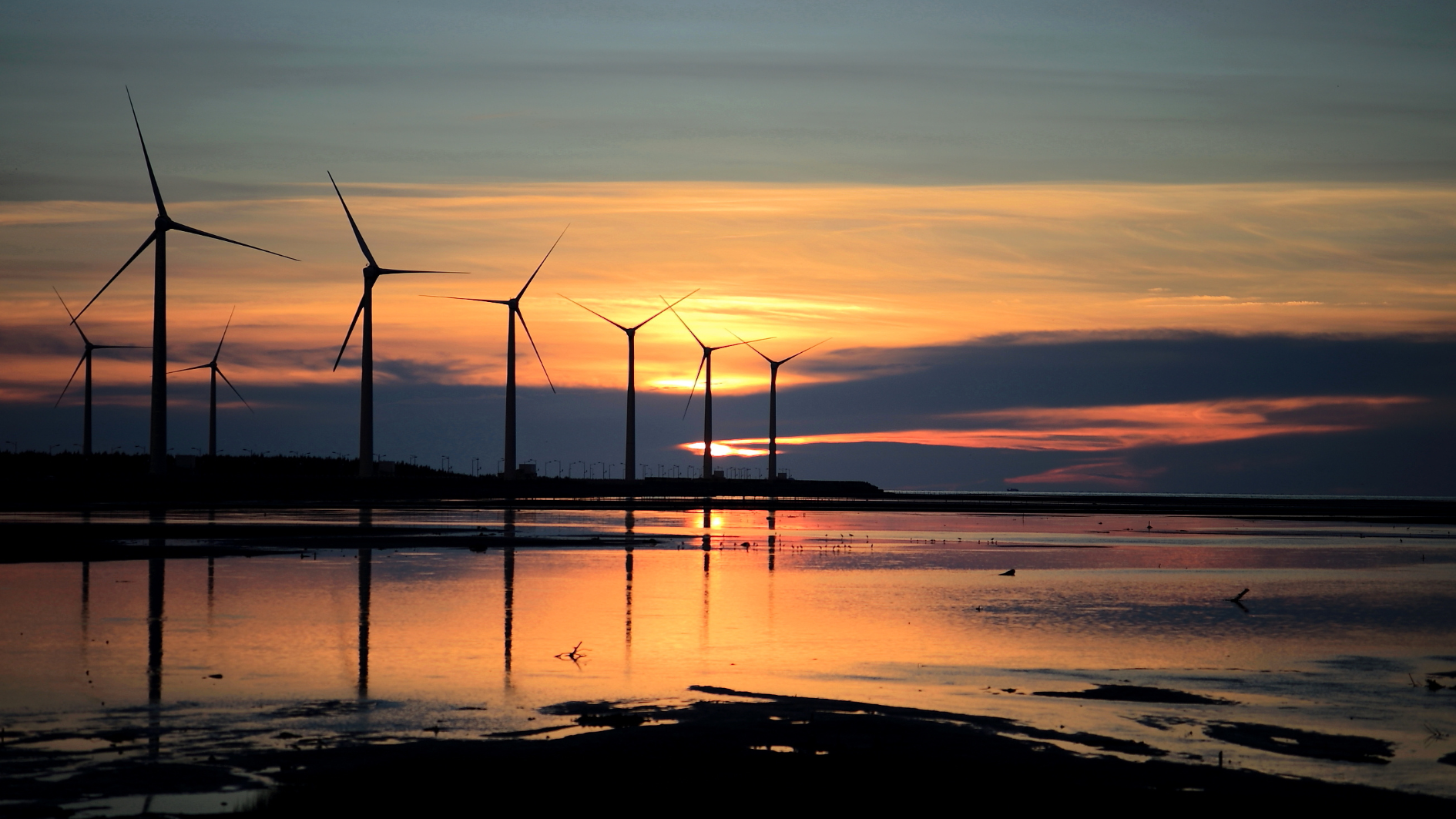
Photo сanva.com
In a landmark summit during The Commemorative Summit for the 50th Year of ASEAN-Japan Friendship and Cooperation, Prime Minister KISHIDA of Japan and President Joko Widodo of Indonesia announced a pivotal collaboration, elevating bilateral relations to a Comprehensive and Strategic Partnership with a particular focus on green initiatives.
The partnership’s environmental emphasis builds on the progress made in various sectors, particularly in economic relations and cooperation. Currently, close to 2,000 Japanese companies, employing approximately 7.2 million Indonesian workers, contribute significantly to Indonesia’s GDP and exports. Japan’s role as Indonesia’s largest aid donor underscores their commitment to sustainable growth.
The joint efforts extend beyond economic cooperation to address broader environmental challenges. The summit highlighted a shared commitment to promoting the “Free and Open Indo-Pacific” initiatives, addressing climate change, and navigating the complexities of energy transition.
Key Green Initiatives Revealed:
- Asia Zero Emissions Community (AZEC) Platform:
Japan outlined its commitment to implementing 12 projects under the MOU between Japan and Indonesia concluded during the AZEC Ministerial Meeting in March 2023. Projects include decarbonization efforts such as the Kayan Hydroelectric Power Plant and the Muara Laboh geothermal power plant. - Just Energy Transition Partnership (JETP):
The release of the Comprehensive Investment and Policy Plan (CIPP) on November 21 marked a significant step in realizing the goals of the JETP. Japan is considering concrete support for this plan, emphasizing its commitment to a just and sustainable energy transition. - Renewable Energy Support:
Japan will continue supporting renewable energy projects in Indonesia, including endeavors like the Asahan No.3 Hydropower Plant, Pusangan Hydropower Plant, and Lumutbalai Geothermal Power Plant. These projects aim to contribute to Indonesia’s renewable energy goals and promote cleaner, sustainable alternatives. - Decarbonization by Japanese Companies:
In collaboration with the Jakarta Japan Club, JETRO identified 554 decarbonization projects conducted by 217 Japanese companies, estimating a substantial reduction of 30 million tons of carbon dioxide emissions annually. This collaboration signifies a concerted effort by the business community to contribute to environmental sustainability.
This strategic collaboration signifies a shared vision for a sustainable future, where Japan and Indonesia lead the way in addressing environmental challenges. The partnership’s focus on green initiatives reflects a commitment to combatting climate change and fostering a cleaner, more sustainable future for both nations and the broader global community.
Source: https://solarquarter.com/


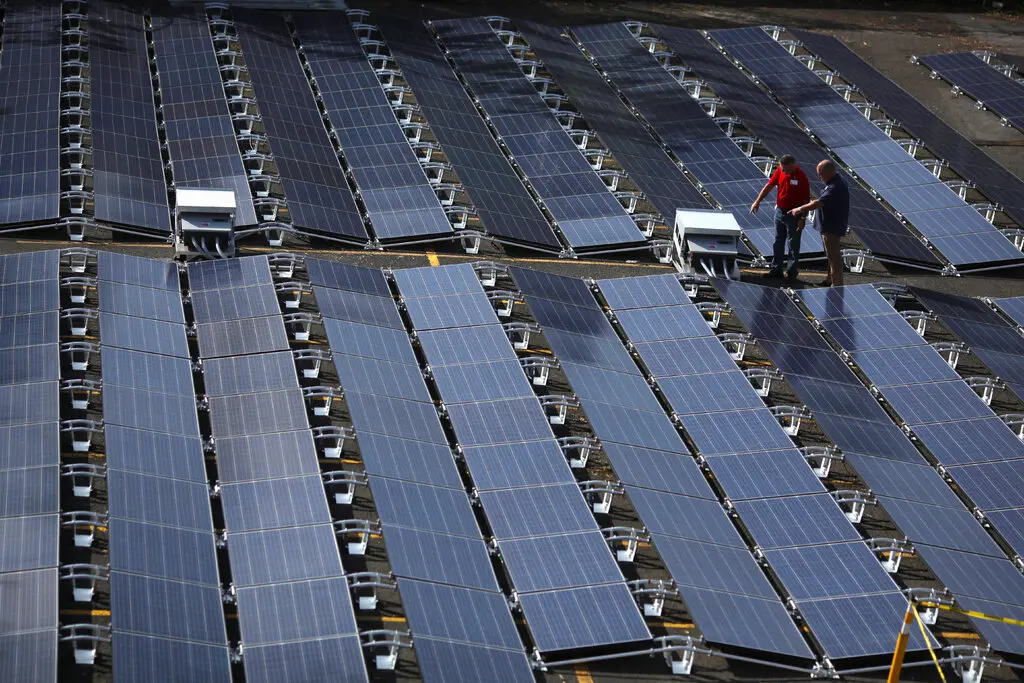
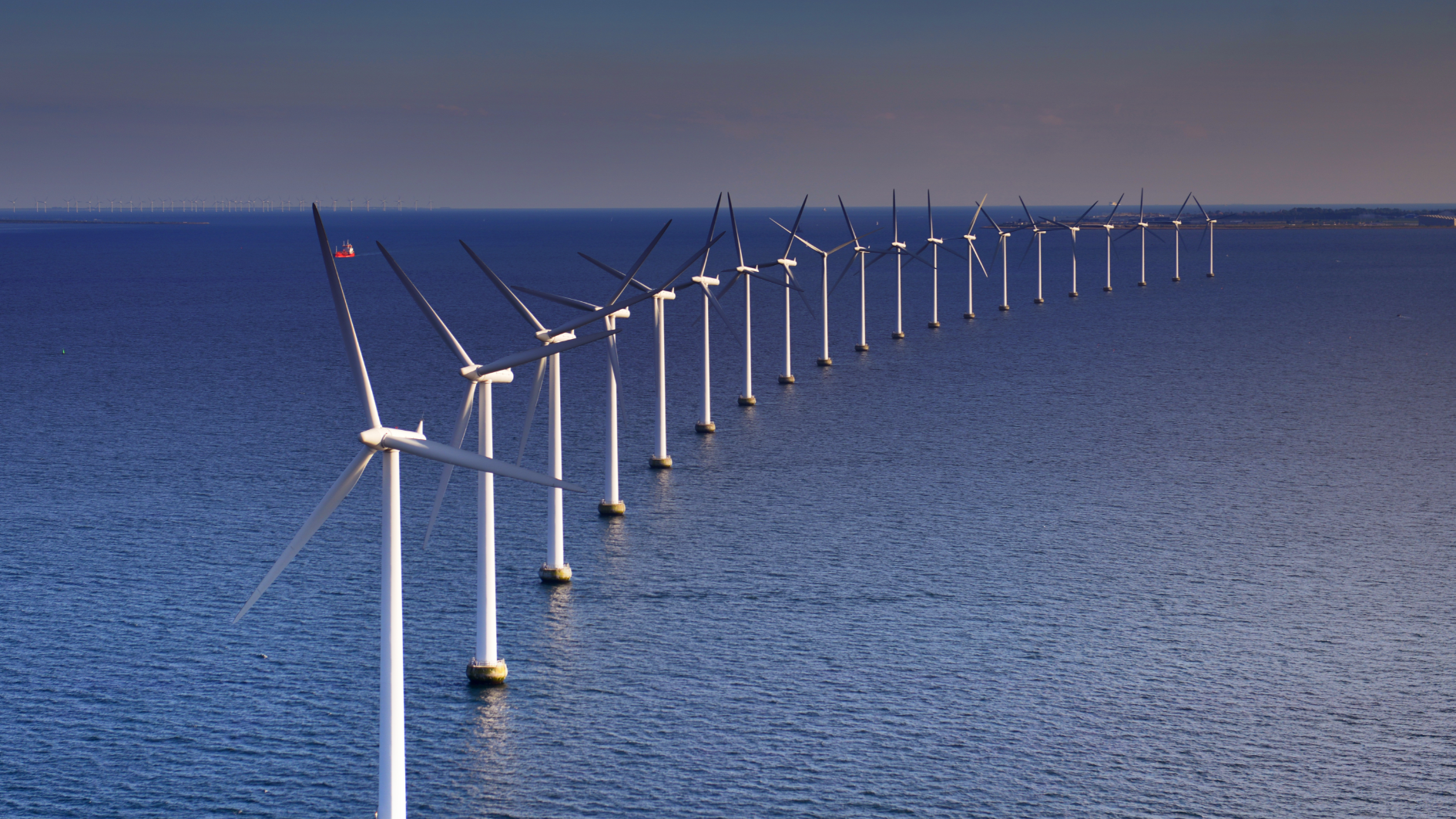
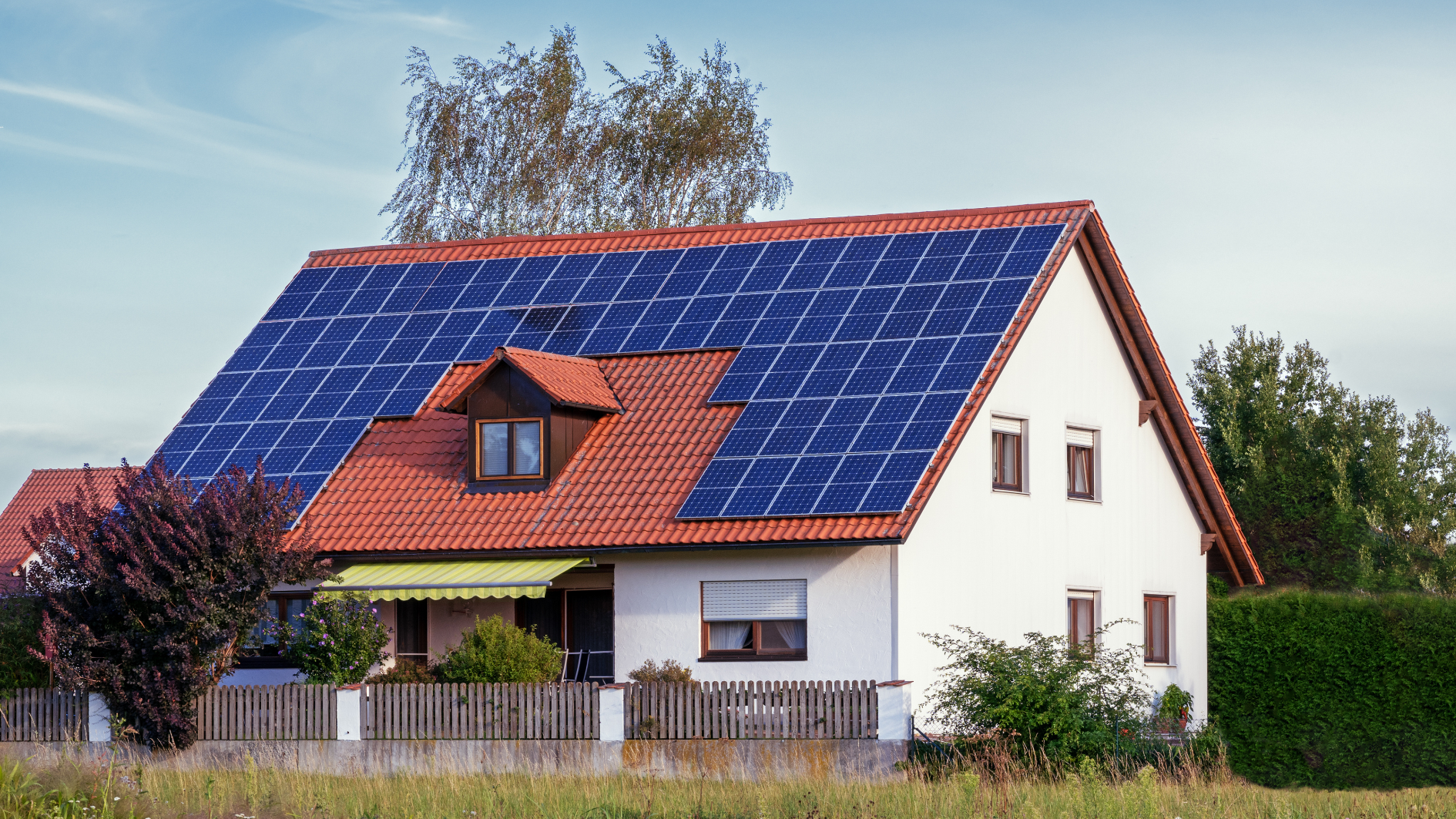
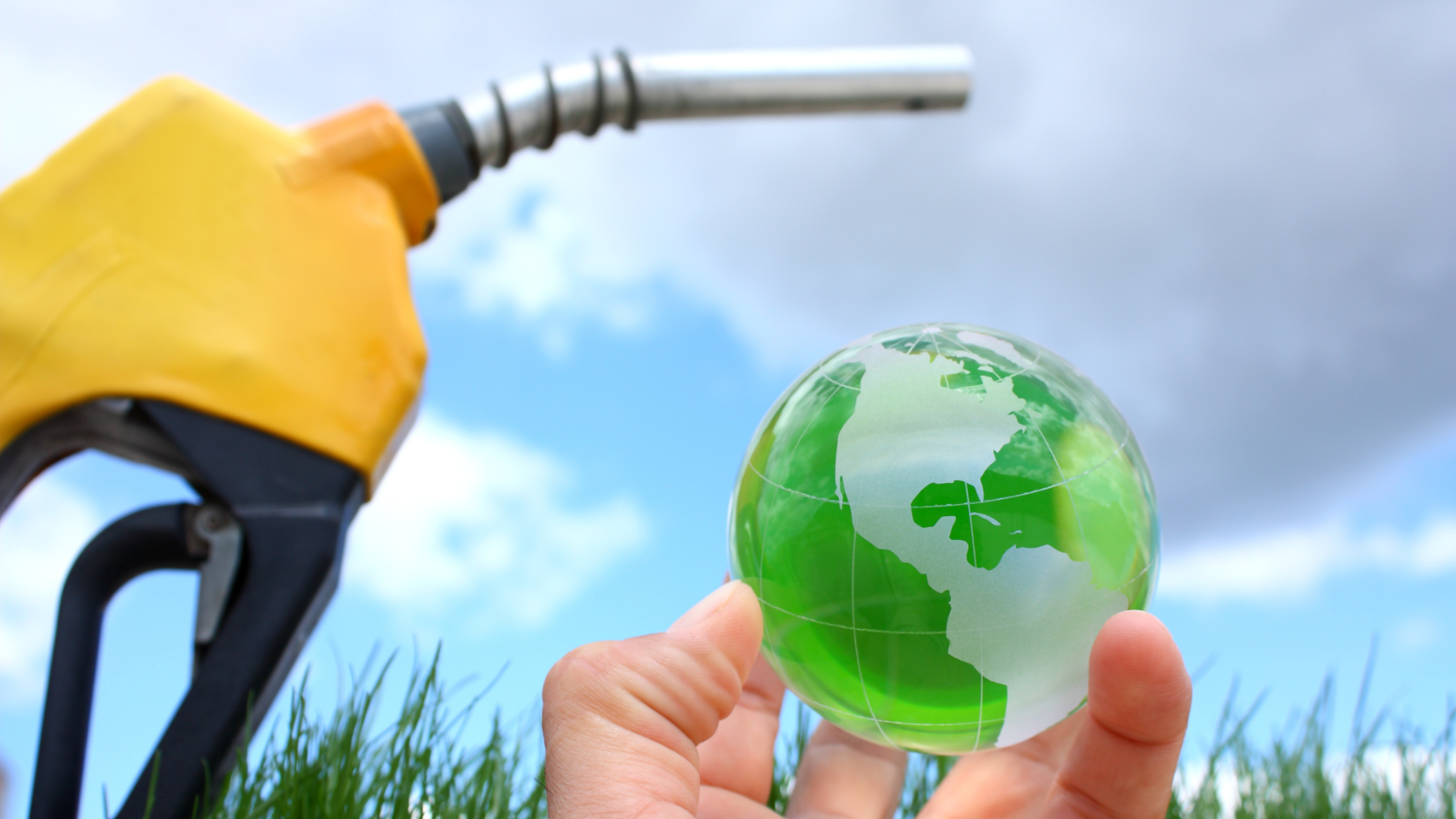







 Subscribe to newsletter
Subscribe to newsletter 

